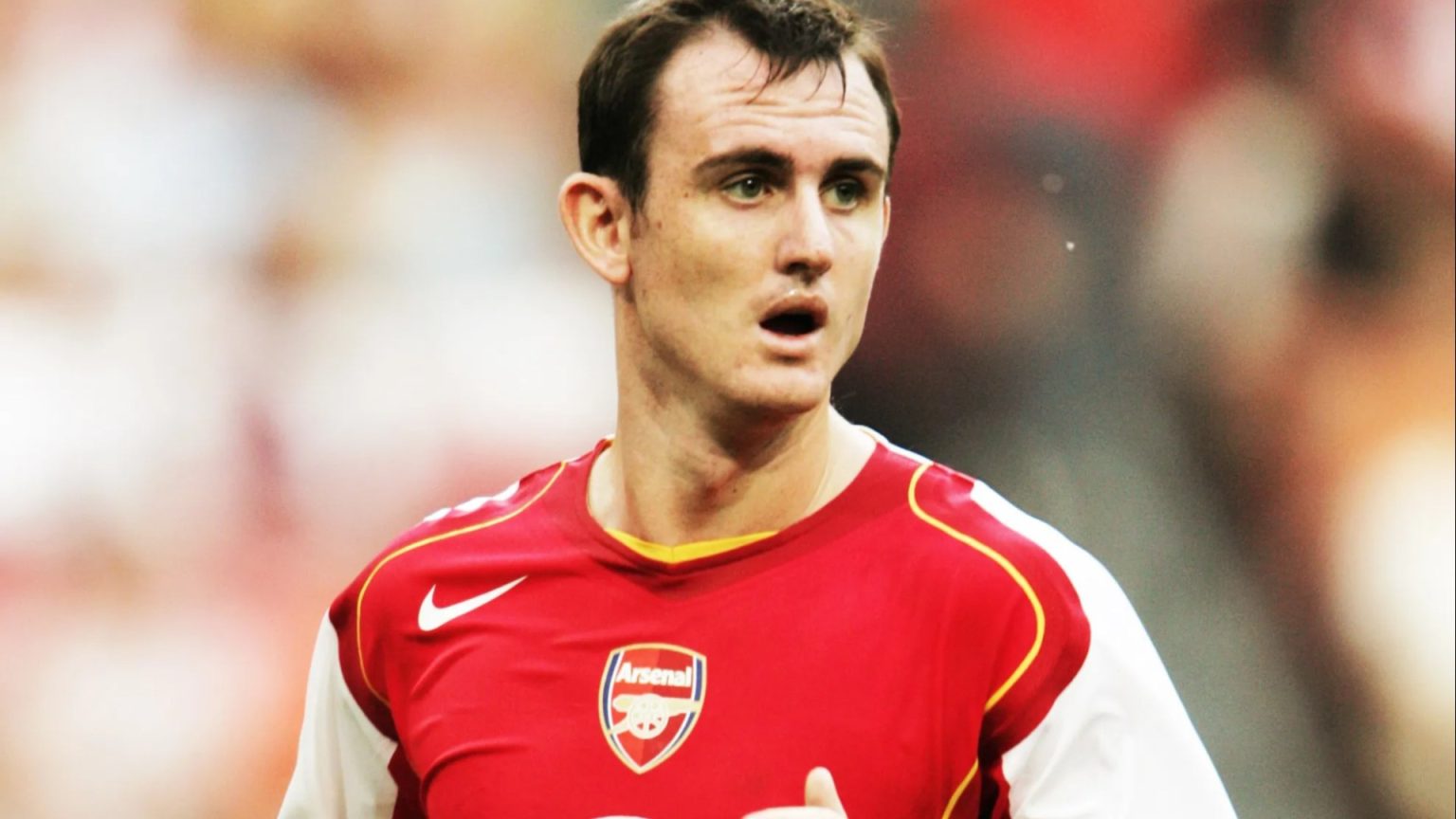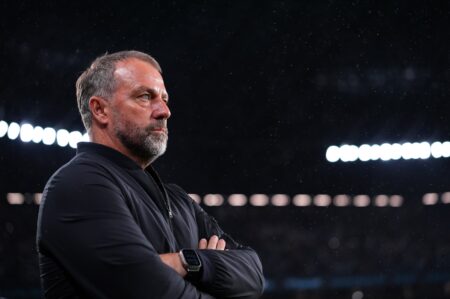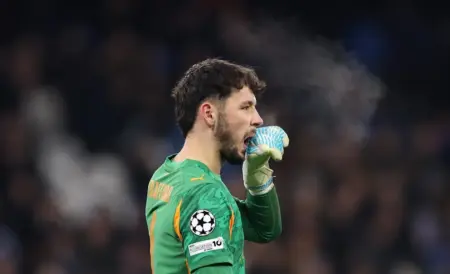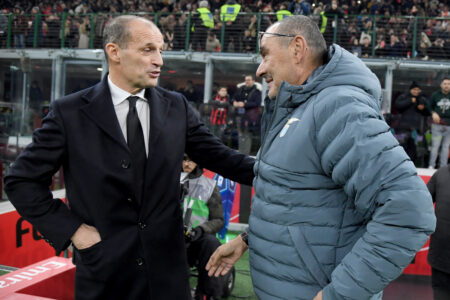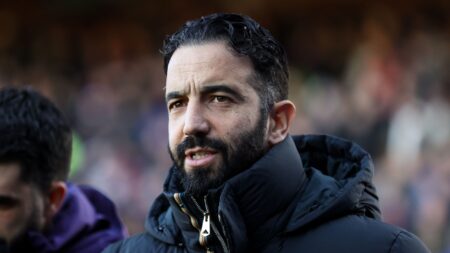A Tale of Unfulfilled Potential
In the early 2000s, Arsenal and Manchester United were the dominant forces in the Premier League, each vying for supremacy with a blend of skill, strategy, and star power. It was during this golden era that legendary manager Arsene Wenger made a bold move, signing one of the league’s most promising young strikers, Francis Jeffers, from Everton in 2001. Jeffers had been a shining star at Goodison Park, scoring 18 goals and providing one assist in 55 appearances over four years. His potential was undeniable, and the Gunners were eager to capitalize on his talent. However, Jeffers’ time at Highbury would be marked by a series of disappointments and unfulfilled expectations.
The Bright Beginnings
Jeffers’ journey to Arsenal was a testament to his early promise. At Everton, he had shown flashes of brilliance, earning a reputation as a player with immense potential. His performances caught the eye of Wenger, who was known for his ability to nurture and develop young talent. The move to Arsenal was seen as a significant step up for Jeffers, a chance to prove himself on a bigger stage and to be part of a team that was consistently challenging for titles. The expectations were high, and the pressure was intense, but Jeffers was confident in his abilities and eager to make an impact.
The Downfall
Despite the initial excitement, Jeffers’ time at Arsenal was far from successful. Over the course of three years, he managed only eight goals and three assists in 39 appearances. The stark contrast between his performances at Everton and those at Highbury was glaring. Jeffers admitted that he didn’t work hard enough in training and often chose to go out partying instead. He felt that with established stars like Thierry Henry, Dennis Bergkamp, Sylvain Wiltord, and Nwankwo Kanu ahead of him in the pecking order, his chances of playing were slim. This mindset led him to slack off, a decision he now deeply regrets.
Reflections and Regrets
Looking back on his time at Arsenal, Jeffers is candid about his mistakes. In an interview with The Independent in 2014, he confessed, "I was out partying, living life, tossing it off in training because I always thought I wouldn’t play Saturday anyway. Now, I look back with a lot of regrets. That is where I should have been putting it in more." Wenger, known for his no-nonsense approach, gave Jeffers a "fair crack of the whip," but the young striker’s lack of focus and discipline ultimately hindered his progress. Wenger’s feedback was direct and honest, telling Jeffers that there were things going on in his head that shouldn’t have been, emphasizing the importance of the moment in his career.
A Decent Career, but What Could Have Been
Despite the setbacks at Arsenal, Jeffers insists that he didn’t "throw it all away." He acknowledges that he had a decent career, fulfilling many of his ambitions. He played for several clubs, including Charlton Athletic, and even earned one cap for the England national team. However, the regret is palpable when he reflects on his time at Arsenal. "I know how much ability I had. I’m not soft. I know how good a player I was. One England cap wasn’t enough," he said. Jeffers’ words reveal a deep sense of what could have been, had he been more focused and disciplined during his time at Highbury.
Lessons Learned and Moving On
Jeffers’ experience at Arsenal serves as a cautionary tale about the importance of hard work and dedication in professional sports. While he may have had the talent, his lack of commitment and the distractions of fame and fortune ultimately led to his downfall. However, he has since used this experience to grow and reflect, recognizing the value of the opportunities he was given. His story is a reminder that even the most gifted athletes must put in the effort to succeed, and that the choices made during crucial moments can have lasting impacts on a career.

